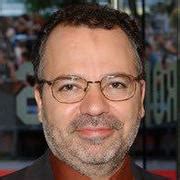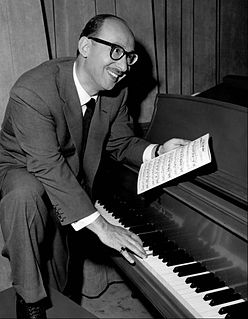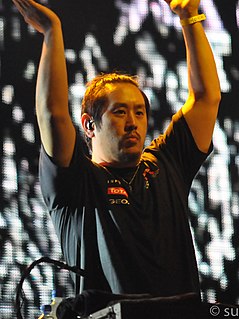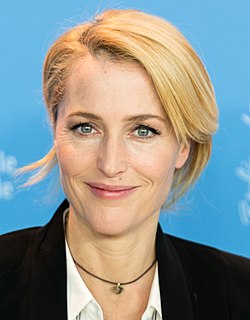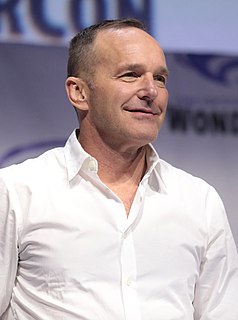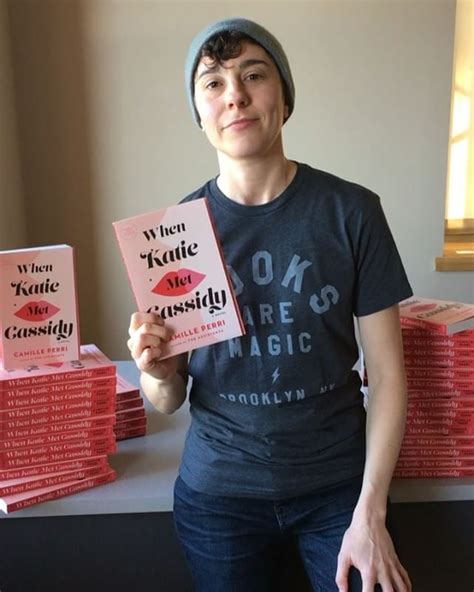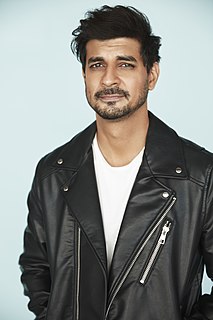A Quote by Jonathan Mostow
It's a very different thing when you're able to read something and see it in your mind, then to imagine it on screen. It's emotional transference that you don't have in literature that you have in movies. People invest in the person they see on the screen and they can't shift gears.
Related Quotes
My idea of a good picture is one that's in focus and of a famous person. People are only glamorous if you don't see them. Like the movies used to make people years ago. There is something about people on screen that makes them so special; when you see them in person, they are so different and the whole illusion is gone.
I'll remember this to my grave. We all walked into a room to see the screen tests. The first screen test was Marion Hutton's. Then came Janis Paige [who ended up with a part in the film]. Then on the screen came Doris Day. I can only tell you, the screen just exploded. There was absolutely no question. A great star was born and the rest is history.
Making movies is like a circus. You get together for a finite amount of time and you build the most extravagant thing you can, which requires teamwork. Most people don't know, but when you see something on screen, it looks perfect. If you go behind the scenes, things are very archaic. You only see the front of the building, not the back.
'Paranormal Activity' had fifty versions because it was $250 to reshoot. We'd screen it, see one thing wrong, shoot for an hour, fix it, and then screen it again. You don't have to be disciplined about it. On a regular movie, you have to screen it and think of every problem, reshoot for three days and solve every problem, and then you're done.
I hate it when people pray on the screen. It's not because I hate praying, but whenever I see an actor fold his hands and look up in the spotlight, I'm lost. There's only one other thing in the movies I hate as much, and that's sex. You just can't get in bed or pray to God and convince me on the screen.
But what I've also really liked about it is that it not only has Marvel set about... if they just were slavishly trying to bring the comic books to life, literally, I don't the movies would work, because it's different to see something on screen in three dimensions with actors, and they kind of, I believe, are constantly trying to find a way to absolutely respect the source material and at the same time, transform it into something that works and that you believe on screen.
